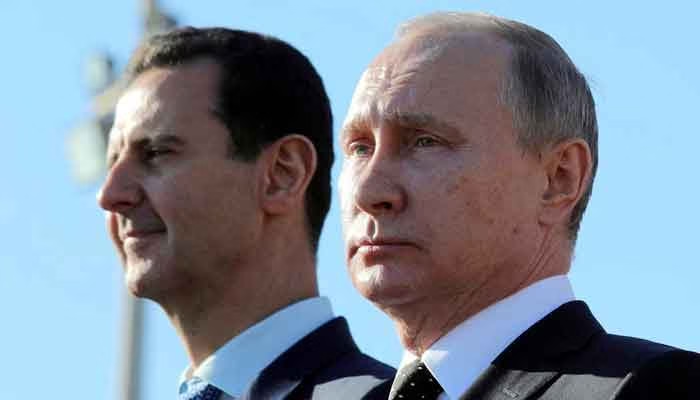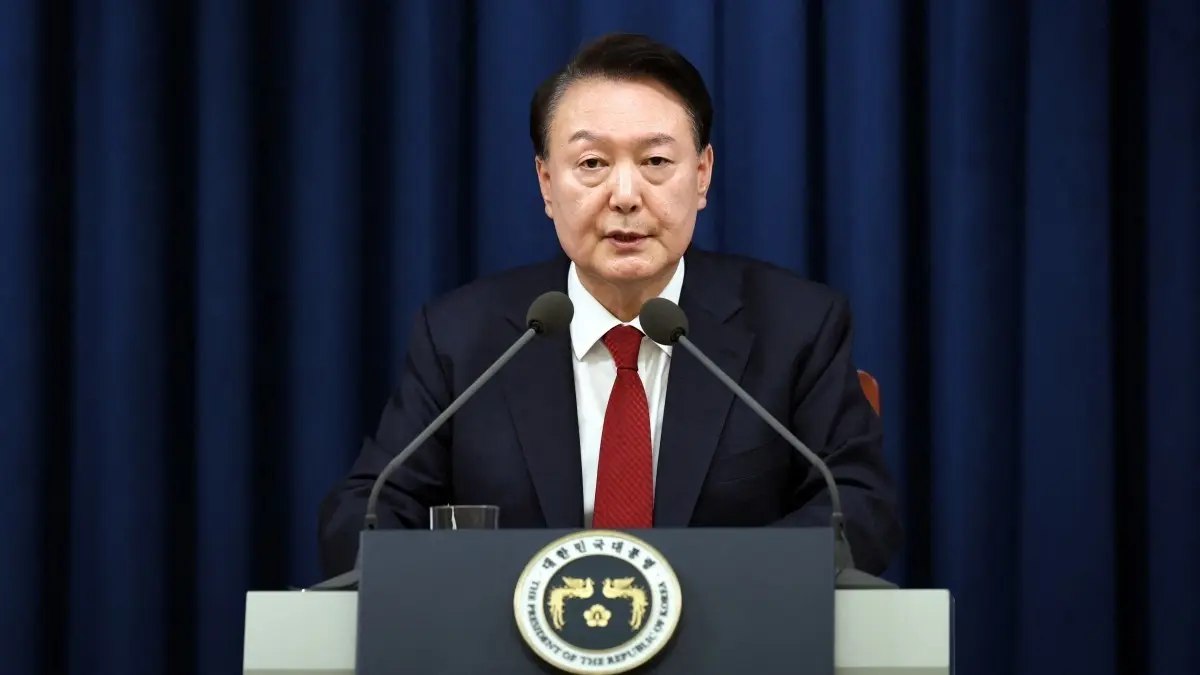In a dramatic turn of events, former Syrian President Bashar al-Assad reportedly fled Damascus for Moscow under the emergency arrangement of Russian intelligence. The move comes as rebel forces make significant advances toward Damascus, marking a critical moment in Syria’s political turmoil. According to multiple reports, including Israeli and American media, Bashar al-Assad, along with his British-born wife and children, has been granted political asylum in Russia, effectively signaling the end of his 24-year rule.
Emergency Departure Amid Rebel Advances
As rebel forces closed in on Damascus, reports suggest that Russian intelligence stepped in to organize Bashar al-Assad’s escape. The Israeli newspaper, citing unnamed sources, claimed that Russian officials told Assad that his position was no longer tenable and advised him to leave Syria immediately. The situation was deemed critical enough for Assad to depart without informing even his closest associates.
Assad’s emergency departure underscores the severity of the crisis. While fleeing Damascus, there were initial fears that his plane had crashed, as it lost contact with air traffic control. However, Russian Deputy Foreign Minister later confirmed that Assad and his family had safely landed in Moscow.
Putin’s Role in the Operation
According to a report by Bloomberg, Russian President Vladimir Putin personally approved the operation to secure Assad’s safe travel to Moscow. The intricate plan, executed by Russian intelligence, ensured that Assad’s journey remained undetected.
The report details how Assad first traveled to Khmeimim Air Base in Syria aboard his private jet. To maintain secrecy, the plane’s transponder was switched off, making it impossible to track its location. From the air base, Assad and his family were transferred to a Russian military aircraft that flew them directly to Moscow, carefully avoiding Turkish airspace to prevent detection.
A Quiet Exit
The Israeli newspaper highlighted the discreet nature of Assad’s departure. Sources revealed that Assad was asked to leave without notifying his inner circle. The suddenness of his escape has left many of his former allies and associates in shock, raising questions about the future of Syria’s political landscape.
This clandestine operation is reflective of the deep ties between Syria and Russia. Throughout the Syrian civil war, Russia has been a staunch supporter of Assad’s regime, providing military and logistical assistance. However, the latest developments suggest a shift in Moscow’s stance, as Russian officials reportedly told Assad that he had “lost the war” and advised him to seek asylum.
Assad’s Arrival in Moscow
Upon arriving in Moscow, Assad was reportedly granted political asylum, marking a significant moment in his political career. The decision to flee Syria follows years of conflict that have ravaged the country and displaced millions. Assad’s departure not only signifies the collapse of his regime but also raises questions about Russia’s broader strategy in Syria.
For years, Assad relied on Russian support to maintain his grip on power. However, his emergency evacuation indicates that even Moscow sees no viable path for him to continue leading the war-torn nation.
The End of an Era
Assad’s 24-year rule over Syria has come to an unceremonious end. Once a central figure in Middle Eastern politics, his regime has been marred by allegations of human rights abuses, war crimes, and the devastating impact of the civil war. His departure marks a pivotal moment in Syrian history, as rebel forces gain momentum in their fight to reshape the country’s future.
The leader of a prominent rebel group issued a statement celebrating Assad’s exit, declaring it a victory for the Syrian people. However, the road ahead remains uncertain. The power vacuum left by Assad’s departure is likely to lead to further instability and infighting among various factions vying for control.
Speculations About Assad’s Assets
As news of Assad’s asylum in Russia spreads, questions have arisen about his preparations for this eventuality. Reports suggest that Assad had been quietly purchasing properties in Moscow over the years, potentially as a contingency plan. These revelations highlight the calculated nature of his escape and his reliance on Russian support to secure his family’s future.
International Reactions
The global response to Assad’s departure has been mixed. While some view it as a necessary step toward ending Syria’s prolonged conflict, others see it as a concerning indication of Russia’s growing influence in the region.
Human rights organizations have called for accountability, emphasizing that Assad’s asylum should not shield him from being held responsible for the atrocities committed under his regime.
Bashar al-Assad’s secret escape to Moscow marks a turning point in Syria’s tumultuous history. The operation, orchestrated by Russian intelligence and approved by Vladimir Putin, highlights the complexities of geopolitics in the region.
While Assad’s asylum in Russia provides him and his family with safety, it leaves Syria at a crossroads. The end of his regime brings hope for change but also uncertainty about what lies ahead for a nation that has endured years of war and suffering.
As the world watches, the focus now shifts to the Syrian people and their aspirations for a future free from tyranny and conflict.



